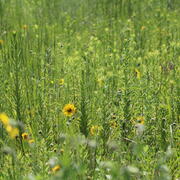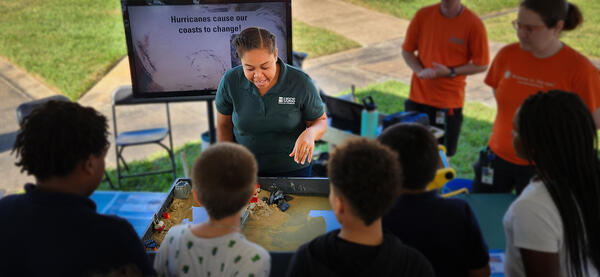Event Recording: Explore USGS Careers in Florida and the Caribbean – Science Support Panel
Event Recording: Explore USGS Careers in Florida and the Caribbean – Science Support PanelThree USGS Centers held this virtual event on February 23, 2023 to showcase various science career paths within USGS: the Caribbean-Florida Water Science Center, St.












